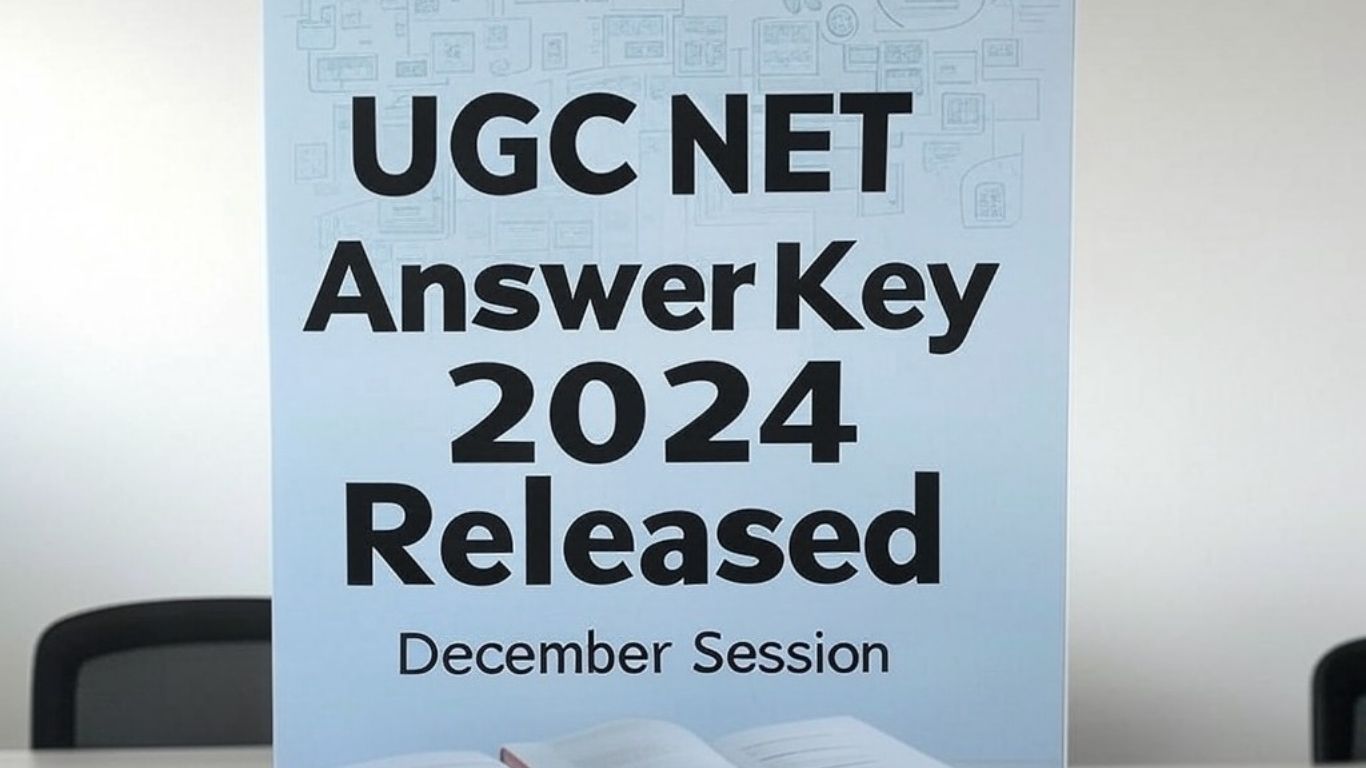The President of Yemen, Rashad al-Alimi, has signed the death sentence for Nimisha Priya, an Indian nurse convicted of killing a Yemeni national in 2017. According to reports, the sentence is set to be carried out within a month. Nimisha’s case has drawn widespread attention, with her family in Kerala desperately fighting to secure her release through negotiations and financial aid.
The Case Against Nimisha Priya
Nimisha Priya, a 36-year-old trained nurse from Palakkad, Kerala, was convicted for the murder of Talal Abdo Mahdi, a Yemeni national, in 2017.
- In 2018, a Yemeni trial court sentenced Priya to death.
- Her appeal to the Yemeni Supreme Court was rejected in 2023, and now the President’s decision has dashed her hopes of a legal reprieve.
- Under Yemeni law, her only chance at avoiding execution lies in securing forgiveness from the victim’s family and paying blood money, a practice rooted in tribal traditions.
The Circumstances Surrounding the Case
Allegations Against the Victim
According to Priya’s plea to the Yemeni Supreme Court:
- Professional and Personal Manipulation: Mahdi assisted Priya in establishing a clinic in Yemen as local laws required a Yemeni partner.
- Mahdi allegedly claimed to be her husband using morphed photos and controlled clinic revenues.
- He seized Priya’s passport and subjected her to harassment and physical abuse.
- Financial Exploitation: Mahdi reportedly embezzled funds from Priya’s clinic and took over ownership documents.
- Inaction from Authorities: When Priya sought police intervention, she was arrested and jailed for six days.
The Murder Incident
Priya claimed that the killing was unintentional and occurred during an altercation where she acted in self-defense after enduring harassment and violence.
Family’s Fight to Save Nimisha Priya
Appeals and Blood Money Negotiations
Nimisha’s mother, Prema Kumari, has been in Sana’a, Yemen, tirelessly trying to negotiate with the victim’s family for forgiveness. However, talks have faced multiple hurdles:
- Financial Demands: The family’s efforts to secure a waiver of the death penalty hit a roadblock in September when Abdullah Ameer, a lawyer appointed by the Indian Embassy, demanded a pre-negotiation fee of $20,000.
- The Indian Foreign Ministry had already provided $19,871 in July, but Ameer required a total fee of $40,000 to resume talks.
- Crowdfunding Efforts: The Save Nimisha Priya International Action Council raised part of the fee through crowdfunding but faced challenges in maintaining transparency with donors.
Support from the Indian Government
The Ministry of External Affairs (MEA) has pledged to extend all possible help to Nimisha Priya’s family.
“We understand that the family of Priya is exploring relevant options. The government is extending all possible help in the matter,” said MEA spokesperson Randhir Jaiswal.
About Nimisha Priya
Nimisha Priya moved to Yemen to work in private hospitals. Her husband and daughter returned to India in 2014 due to financial difficulties, and the family was unable to reunite as Yemen descended into civil war, halting visa issuance.
- In 2015, Priya partnered with Mahdi to set up a clinic, leading to a series of manipulations and conflicts.
- Her struggles reflect a grim tale of exploitation, betrayal, and survival in a foreign land.
Current Status and Next Steps
With Yemeni authorities rejecting legal appeals, Nimisha’s fate depends on securing the forgiveness of the victim’s family.
- Yemeni tribal customs allow for the death penalty to be waived if the victim’s family accepts blood money as compensation.
- The window for negotiation is closing rapidly, with execution expected within a month.
The case of Nimisha Priya underscores the complexities of navigating legal and cultural systems in foreign countries. As her family fights against time and financial hurdles, the world watches to see if an act of forgiveness can save her life. This tragic story serves as a stark reminder of the need for stronger support mechanisms for Indians working abroad.















